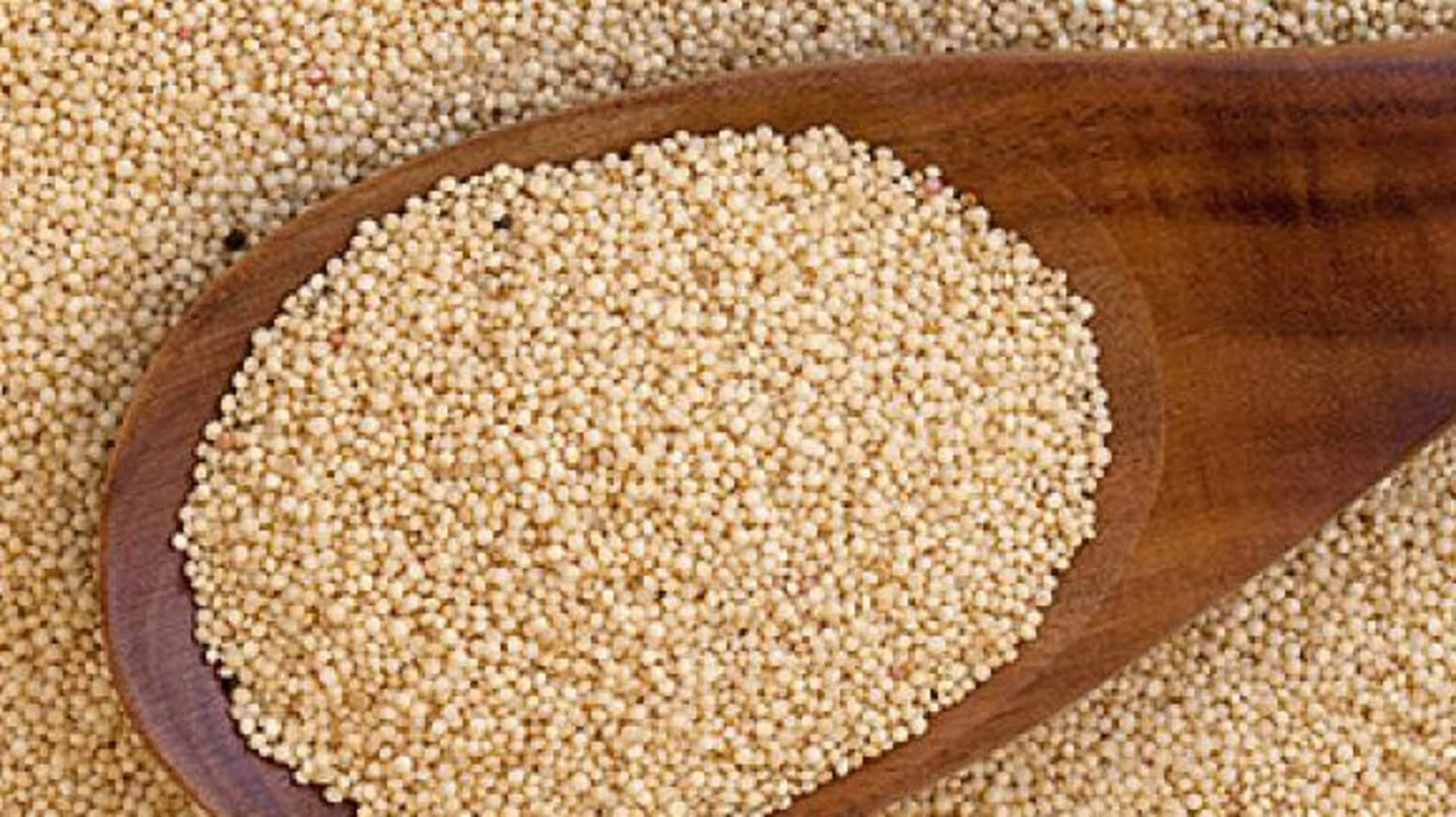
Bulgur v/s amaranth: Which is more nutritious?
What's the story
Bulgur and amaranth are two grains that have become increasingly popular because of their nutritional benefits. They are both known for their rich nutrient content but differ in many ways. Knowing these differences can help you make better dietary choices. Here, we look at the nutritional profiles of bulgur and amaranth, focusing on key factors such as protein content, fiber levels, vitamins, minerals.
Protein levels
Protein content comparison
Bulgur also makes a decent source of plant-based protein, delivering about three grams per 100 grams serving. Amaranth, however, comes out on top with a whopping protein delivery of about nine grams per 100 grams serving. This makes amaranth an ideal option for anyone looking to increase their protein intake from plant sources.
Fiber content
Fiber richness in grains
Both bulgur and amaranth are also rich in dietary fiber, which helps improve digestion and keeps you full. Bulgur has approximately four grams of fiber per 100 grams serving, while amaranth provides a bit more at around six grams per the same serving size. Adding either of the grains to your meals can help meet your daily fiber needs.
Nutrient density
Vitamins and minerals abundance
Bulgur is high in B vitamins, such as niacin and folate, which are necessary for producing energy and functioning of cells. It also contains minerals such as iron and magnesium. Amaranth is especially rich in calcium, but also contains iron and magnesium, which are beneficial for bone health and metabolic functions.
Dietary needs
Gluten-free considerations
For those with gluten sensitivities or celiac disease, finding the right dietary options is of utmost importance. Amaranth is an excellent option in this regard, as it is naturally gluten-free. In contrast, bulgur, which is made from wheat, contains gluten and may not be an option for those following a gluten-free diet. This makes amaranth a preferred grain for those avoiding gluten for health reasons.